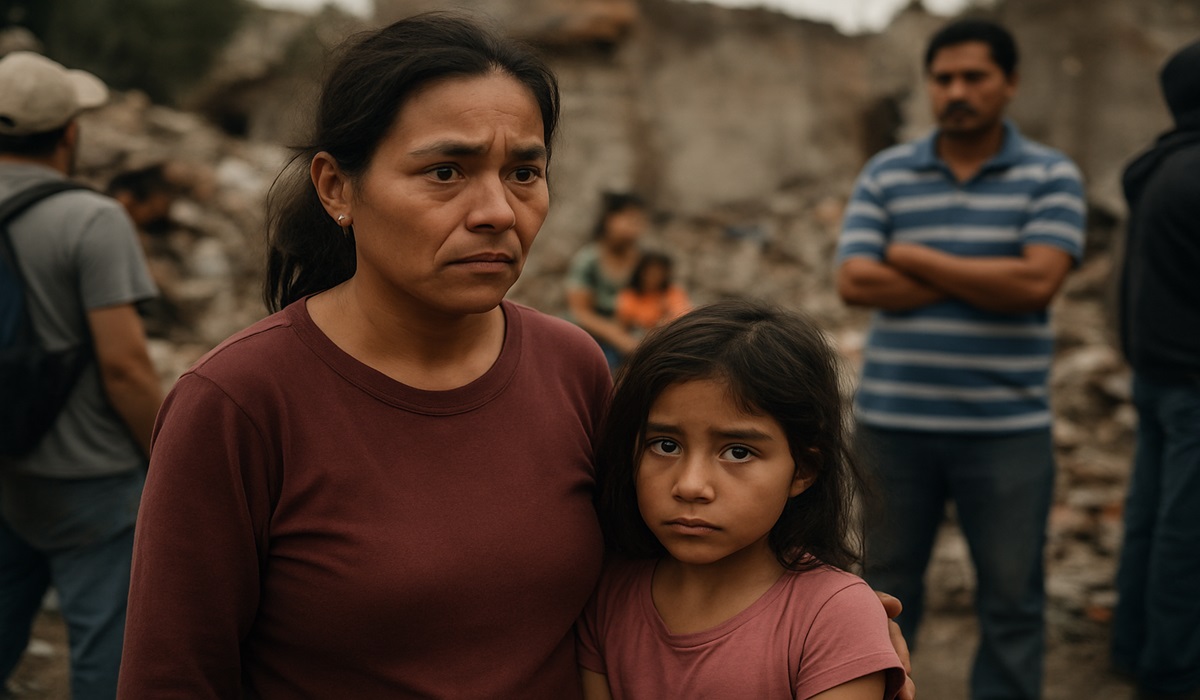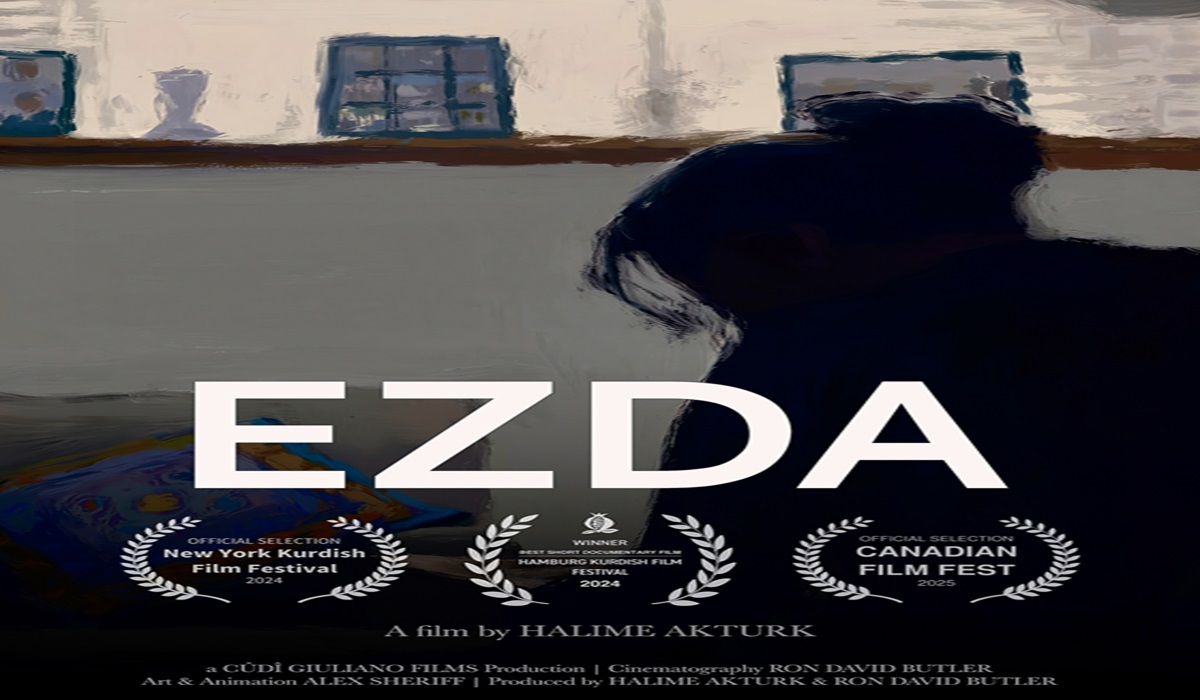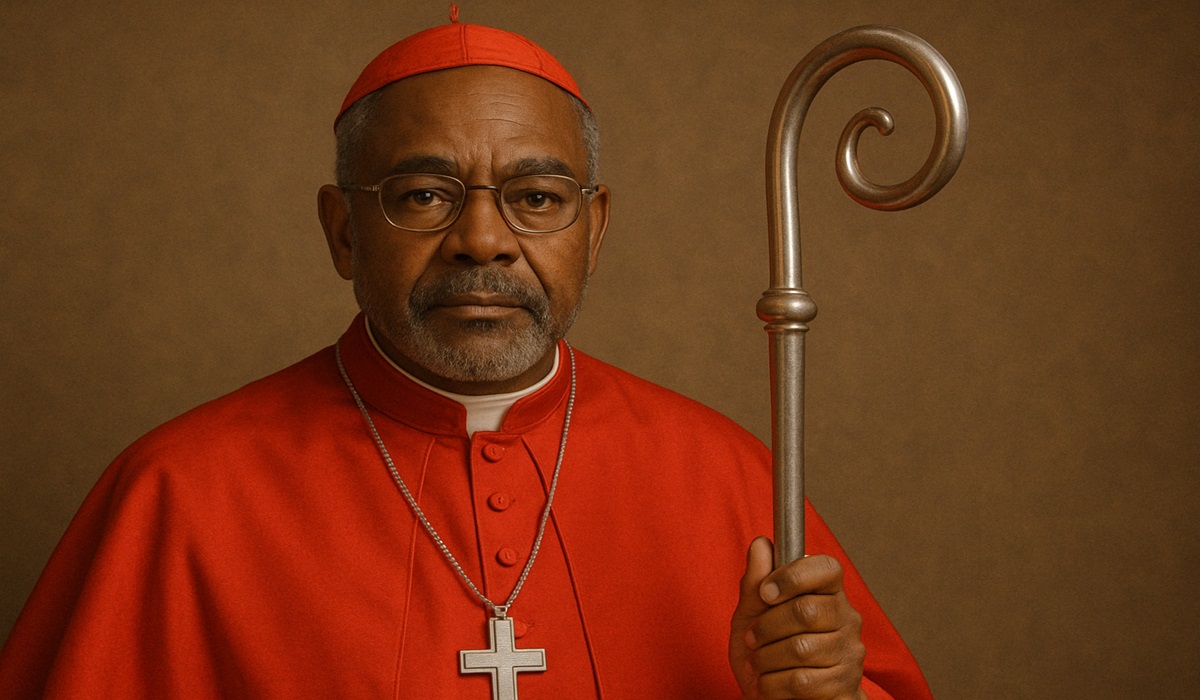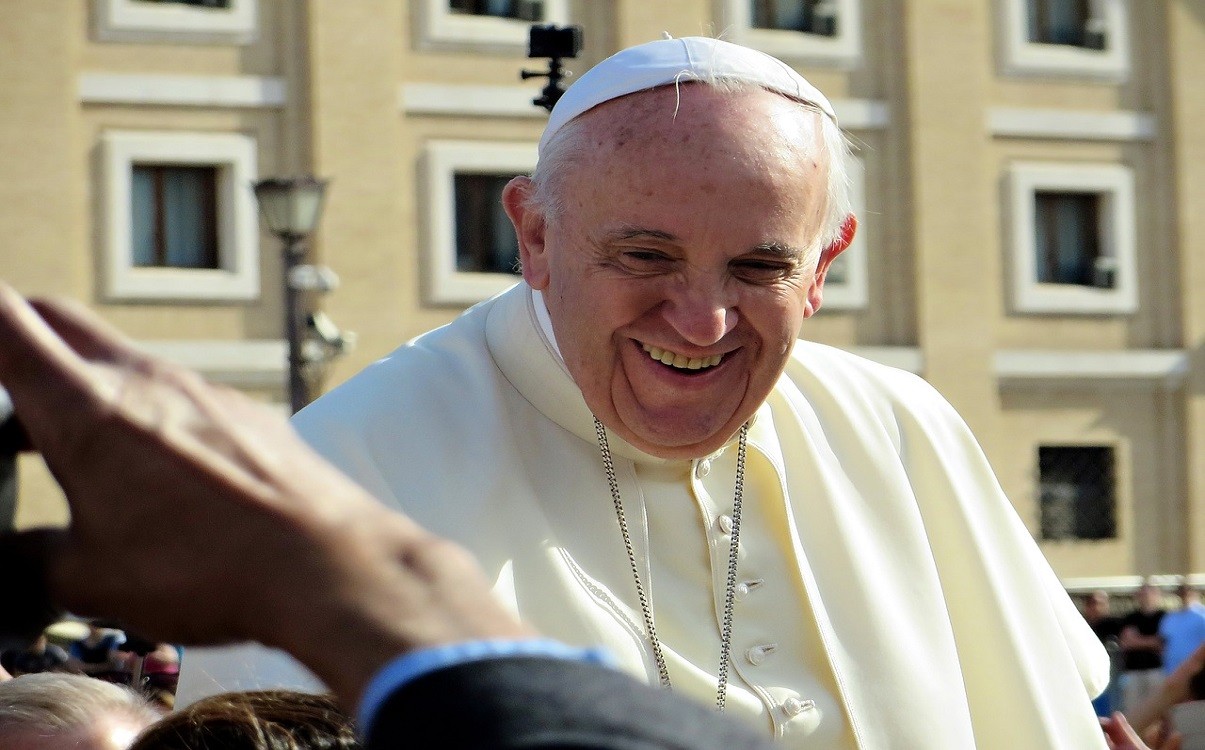Black Hole Syndrome: How India’s Northeastern Corridor Fuels the Golden Triangle Drug Trade
- TDS News
- D.O.C Supplements - Trending News
- South Asia
- September 26, 2024
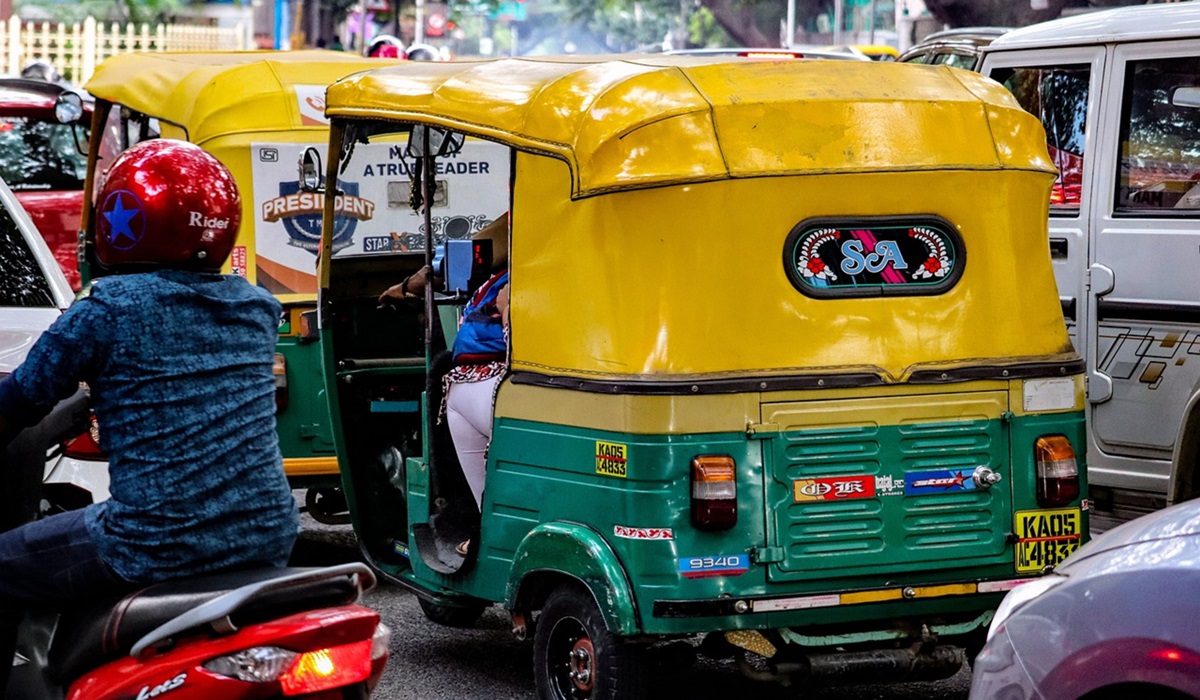
Image Credit, Thomas G
The Golden Triangle, where Thailand, Laos, and Myanmar converge, has long been a hub for illicit activity. Once infamous for opium production, the region now faces a broader threat—a convergence of crime, terrorism, and corruption known as “Black Hole Syndrome.” Few outside the region understand its full implications, but the issue extends beyond Southeast Asia, with India playing a significant, if complicated, role.
Black Hole Syndrome describes territories where governance collapses, leaving a vacuum filled by organized crime and insurgent groups. In the Golden Triangle, the once-dominant opium trade has expanded into methamphetamine production, arms trafficking, and human smuggling. This web of criminality funds terrorist networks, with profits flowing freely across borders. India, particularly in its northeastern states, finds itself deeply entangled in this system—not merely as a victim but as an active participant.
India’s northeast has long been plagued by insurgencies, many of which are fueled by the proceeds of drug trafficking from the Golden Triangle. While the region has suffered from the instability brought on by this illegal trade, it is not without complicity. Corrupt officials and criminal syndicates within India are deeply involved in the trafficking routes, profiting from the cross-border trade in narcotics and weapons. The porous borders and difficult terrain make it easy for drugs to flow into India, where they are distributed across the country and beyond.
The crime-terror nexus that thrives in the Golden Triangle has ripple effects far beyond the region. For India, the drug trade exacerbates internal security challenges, undermines law enforcement, and fuels local insurgencies. But the impact is also global. The destabilization of trade routes through Southeast Asia affects international commerce, raising security costs and disrupting global supply chains. India’s involvement in the drug trade, both as a transit point and a market, complicates the efforts of regional governments to combat this growing threat.
While regional governments have made some attempts to address these issues, corruption and political instability have hindered progress. India, despite its role as both victim and participant, has been slow to crack down on the elements within its own borders that perpetuate the trade. This lack of decisive action ensures that the Golden Triangle remains a major hub for organized crime and terrorism, undermining not just regional stability but also global trade.
The Golden Triangle’s criminal enterprises are now deeply embedded in international networks, affecting everything from local security to global markets. India’s role is pivotal—not just as a nation affected by the trade but as one with actors profiting from it. As long as corrupt officials and criminal syndicates are allowed to operate with impunity, the region will remain a haven for illicit activity. The solution lies in more than just fighting the symptoms—it requires confronting the root causes of corruption and complicity within India and across the region. Only then can this dangerous cycle be broken.

